Activists express concern about Uzbek citizens influenced by Russian channels
It has been 31 years since Uzbekistan broke away from the Soviet Union and became an independent state. But even after so much time, in the interviews of many compatriots, in questionnaires and when their opinion is taken regarding the events in the world, unfortunately, we see that independence has not yet fully moved into the minds and thinking of our people.
So, in the past 31 years, how did the compatriots of many countries that became independent at the same time as us in the CIS achieve independence of thought and consciousness, and why were these years not enough for us?
Why do we still hear from our people that we are fed by such and such a country, that our economy, politics, culture, and destiny are in the hands of such and such a person, that we cannot survive without him?
Kun.uz organized a conversation about the same sensitive issue. Our interlocutors were Alisher Kadirov, Chairman of the “Milliy Tiklanish” democratic party, doctor of philology, media researcher Beruniy Alimov, political scientist Kamoliddin Rabbimov, and journalist, blogger Muhrim Azamkhodjayev.
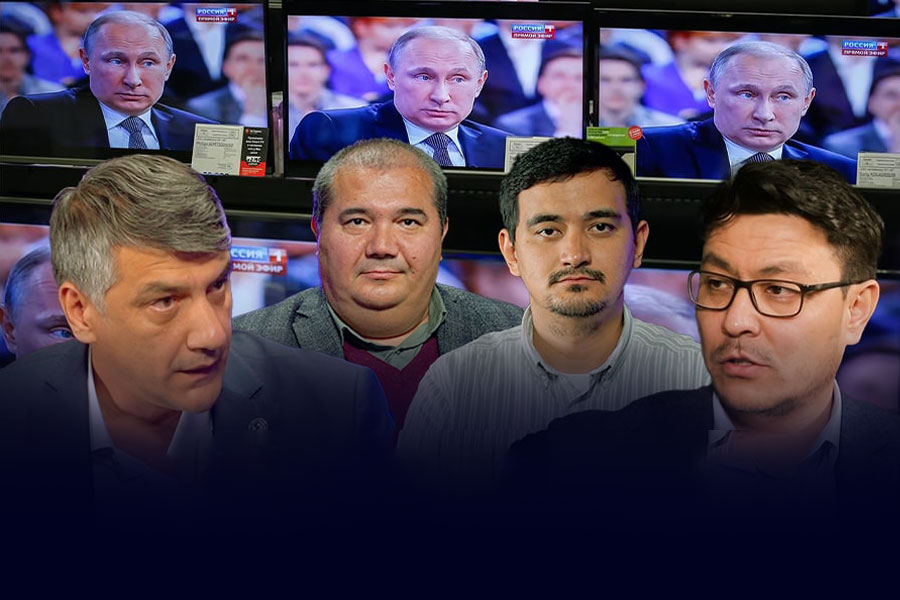
Kun.uz:
- What mistakes were made in the politics conducted in Uzbekistan in the past 31 years, so that the concept of independence and freedom did not fully enter the minds of the people of Uzbekistan? What are the reasons that led us to an intellectual crisis in this regard?
Alisher Kadirov:
- I am against the use of the word “crisis” when talking about this issue. It would be more correct to call it a process rather than a crisis.

Deficiencies are properly acknowledged. But the disproportion in the level of free thinking of different strata should not be measured only by the last 30 years. This is a matter that should be measured over longer periods.
Today, conditions for free thinking have been created for different strata of the population, but free thinking is not being formed, it should be considered more as a social and political issue.
It should also be seen as a deeper-rooted issue of education and training.
We are a seriously wounded nation. Because we are a nation that came out of the heavy Soviet propaganda machine.
In my opinion, there is no period in the history of mankind where the human mind was worked on as much as during the Soviet era. Among other things, the ideological machine of creating a Soviet person without free thinking destroyed our values and culture. We are feeling the pain of this process today.
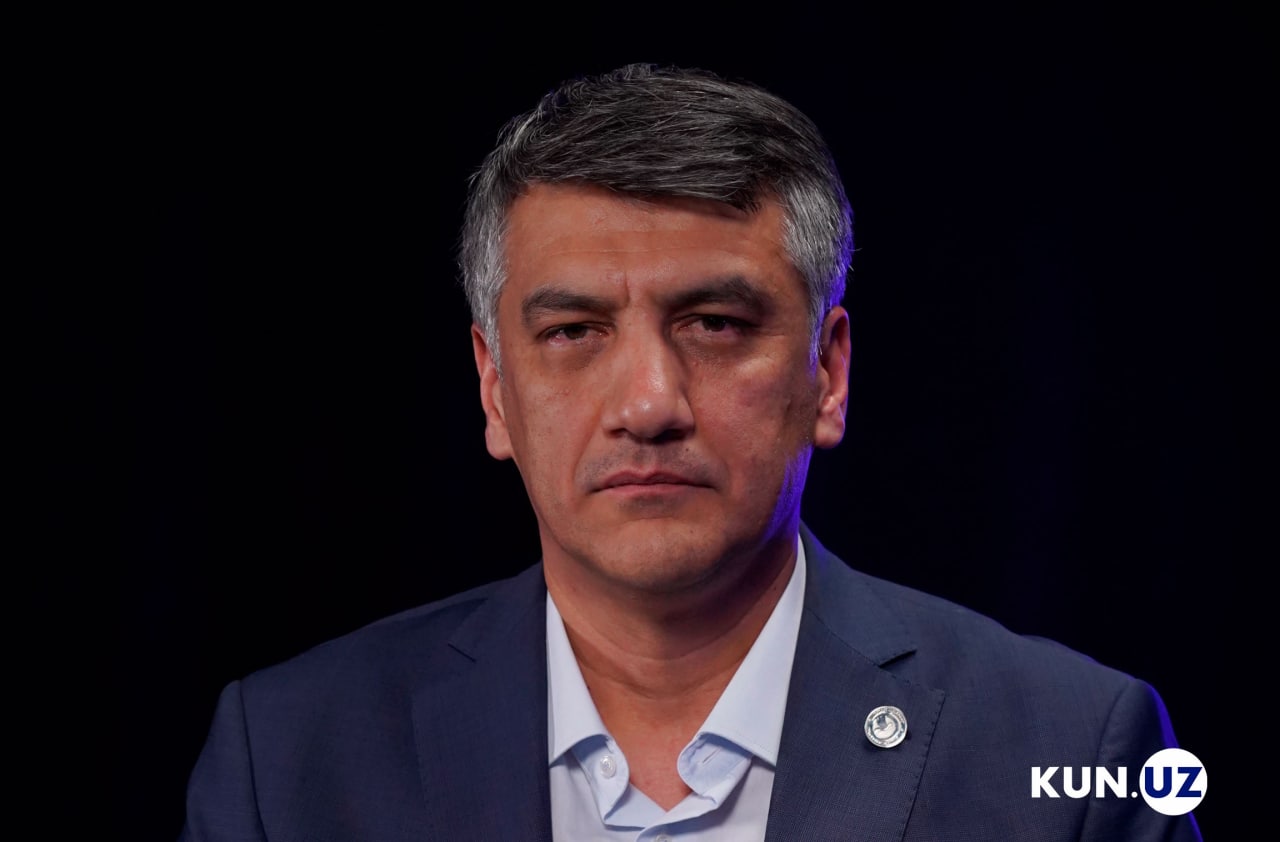
If an ordinary person living in Uzbekistan today cannot make a correct assessment of the issues happening in the world, we should look at the historical foundations of the issue. Only then can we make a proper assessment of the matter.
Will this not change? It will change. Work is being done on this matter today.
You know, free thinking is a skill. For example, we have propaganda that if you read a book, you will become a person. But reading a book is a process formed on the basis of pedagogical methodology. That is, if a child is not taught the methodology of reading at the age of 7-8, he will not be able to enjoy reading without this skill for the rest of his life. Free thinking is also a process, a phenomenon that is in human nature and needs to be formed.
That is, if we cannot teach a child to think freely in the family and in kindergarten, then it is wrong to ask him to think freely at the age of 25.
Now society is feeling this pain and working to change this problem. The fact that there is gradual response to the world’s problems gives us hope.
Muhrim Azamkhodjayev:
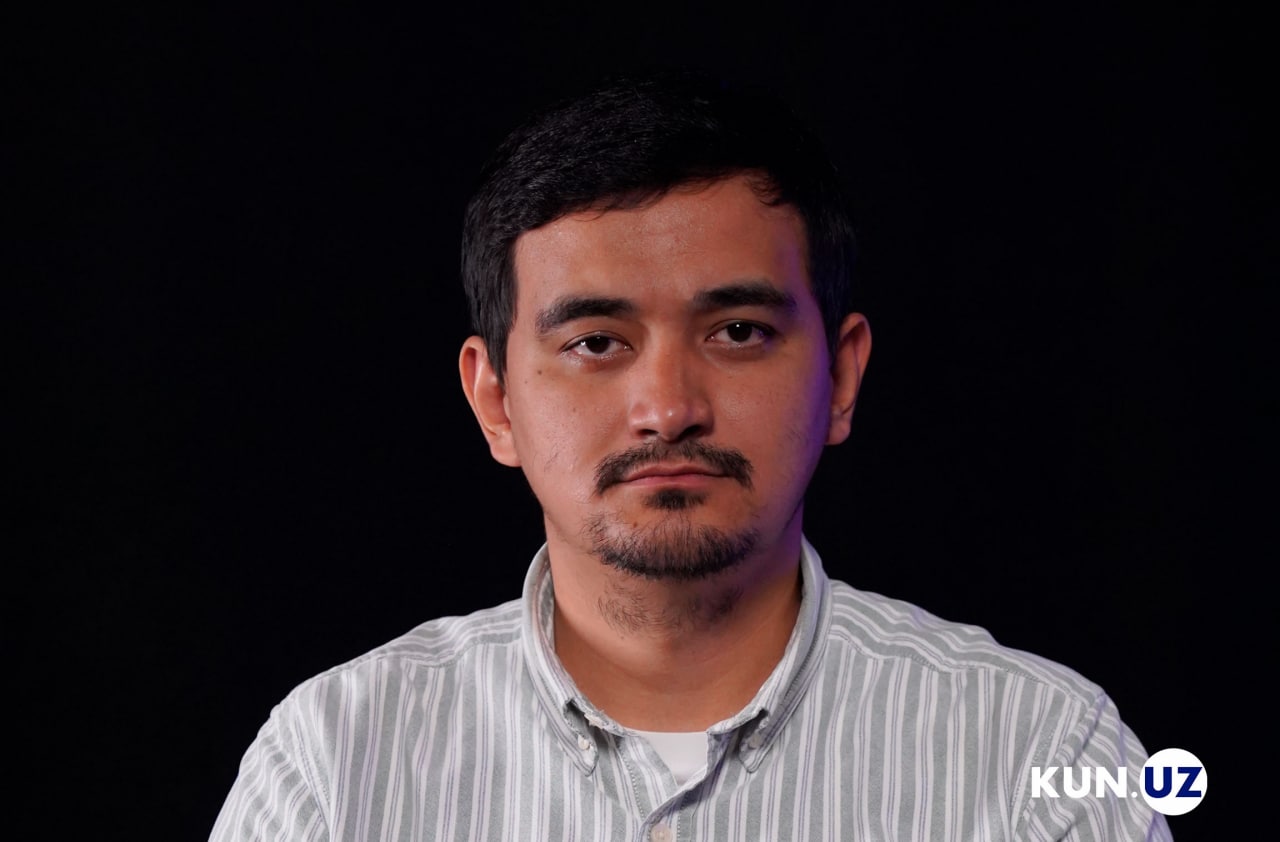
- I’m not an expert enough to tell you about our mistakes, and I can only express my thoughts on this matter. The conditions for free expression of opinion in Uzbekistan began in 2016. Until then, from 2000 to 2016, an environment that stifled free thought was created in the country. Because of this, people also became afraid to express their free, independent opinion.
These days, the mass media is discussing the poll conducted among Uzbeks about the war between Russia and Ukraine and its results. Look, during the survey, our people, and especially the adults, are choosing the side of evil in a situation where evil and good can be clearly distinguished. Young people are very indifferent. They don’t even feel sorry for the war victims.
This is the result of the previous regime’s powerful manipulation of people’s minds. That’s why our compatriots can’t draw a conclusion even though so much time has passed. They cannot feel it in their bodies.
Imagine people being given very ordinary examples. To explain it to them, they are being told: your neighbor suddenly took over a fifth of your yard and says that this is now my area. It is said that Russia’s invasion of Ukraine is no different from this situation. But they do not feel the meaning of it.
There are also economic aspects of the issue. For example, one of our friends recently asked the people of a village in Samarkand about their position in the war between Ukraine and Russia. Villagers replied to our friend: “We are on the side of Ukraine”. Upon inquiry, most of the people from that village worked in Ukraine. That is, they went to Ukraine, worked and saw that there are no Nazis or fascists in this country. They are supporting their families with the money they earn in Ukraine.
If you see those who support Russia among young people, most of them went to Russia to work, so they earned money, built villas, and had weddings. This is a worldview that causes muteness in some ways.
That is, the worldview of people who say we are on the side of Russia is the result of Uzbekistan’s internal problems. These people went to Russia and found work. This worldview of pro-Russian people started with economic reasons.
These people are only worried about earning a living and they don’t even consider the other side.
Beruniy Alimov:
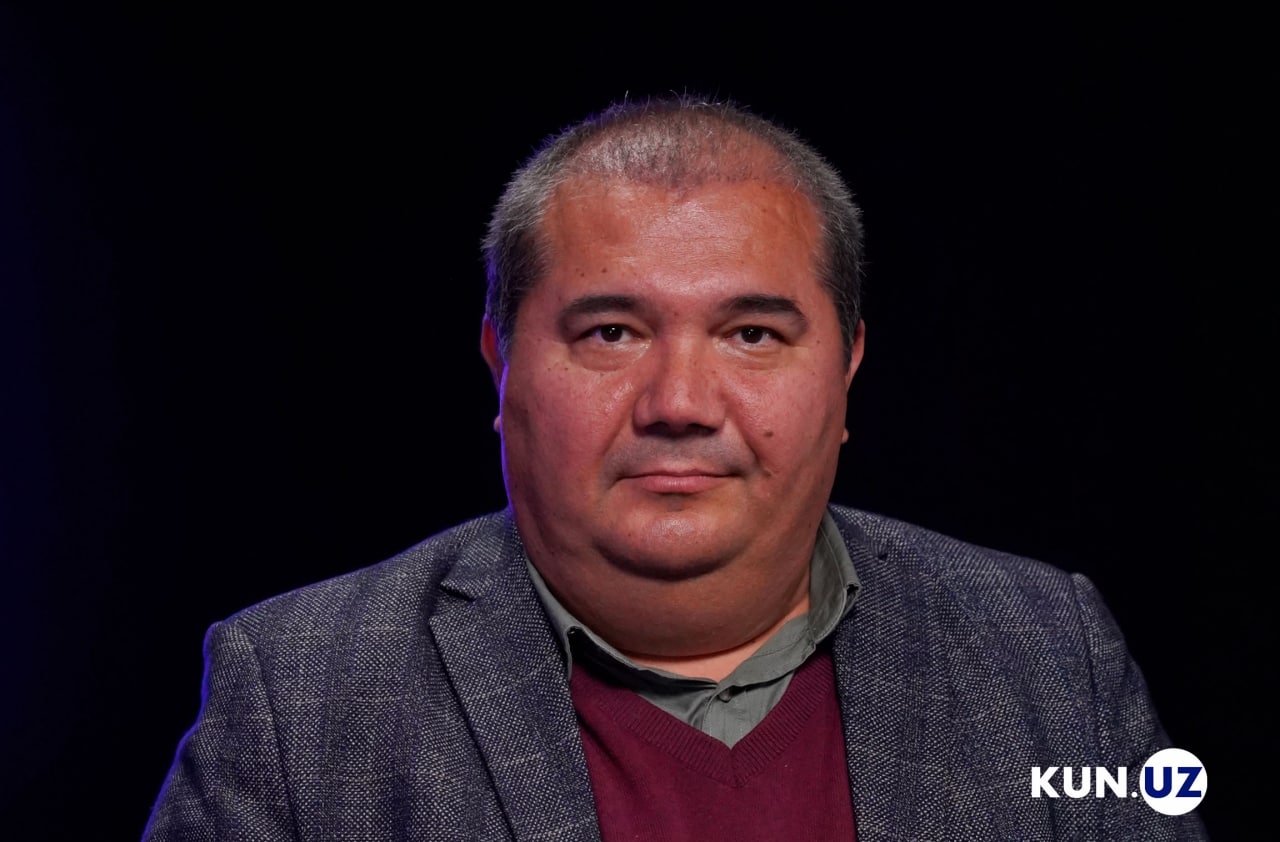
- In any case, we have to look for the biggest mistake within ourselves. Sorry to say, 31 years is a long time for history. It’s our fault, communication between generations has been broken. We don’t listen to each other.
We couldn’t even ask each other the questions we wanted to ask, we didn’t try to find answers. We also sat in such circles for a long time and did not discuss problems. There were no think tanks in the country. As a result, we do not understand some things even today. This problem is felt especially among our youth.
We are now asking such questions. However, we should have started this work much earlier.
For example, my elder brother was not in favor of our independence at a time. Over the years, he started his own business, worked in various positions. His children studied in the most prestigious universities in Tashkent on the basis of tuition fee. By today, his opinion has completely changed.
- Beruniy bro, how much opportunity was given to people to think and express their opinion freely during the past time? After all, it is true that when three people gathered in one place, two of them were afraid of the third person, and the conversations in this circle were conveyed to different authorities. Such a policy was made consciously. We have to talk about this today.
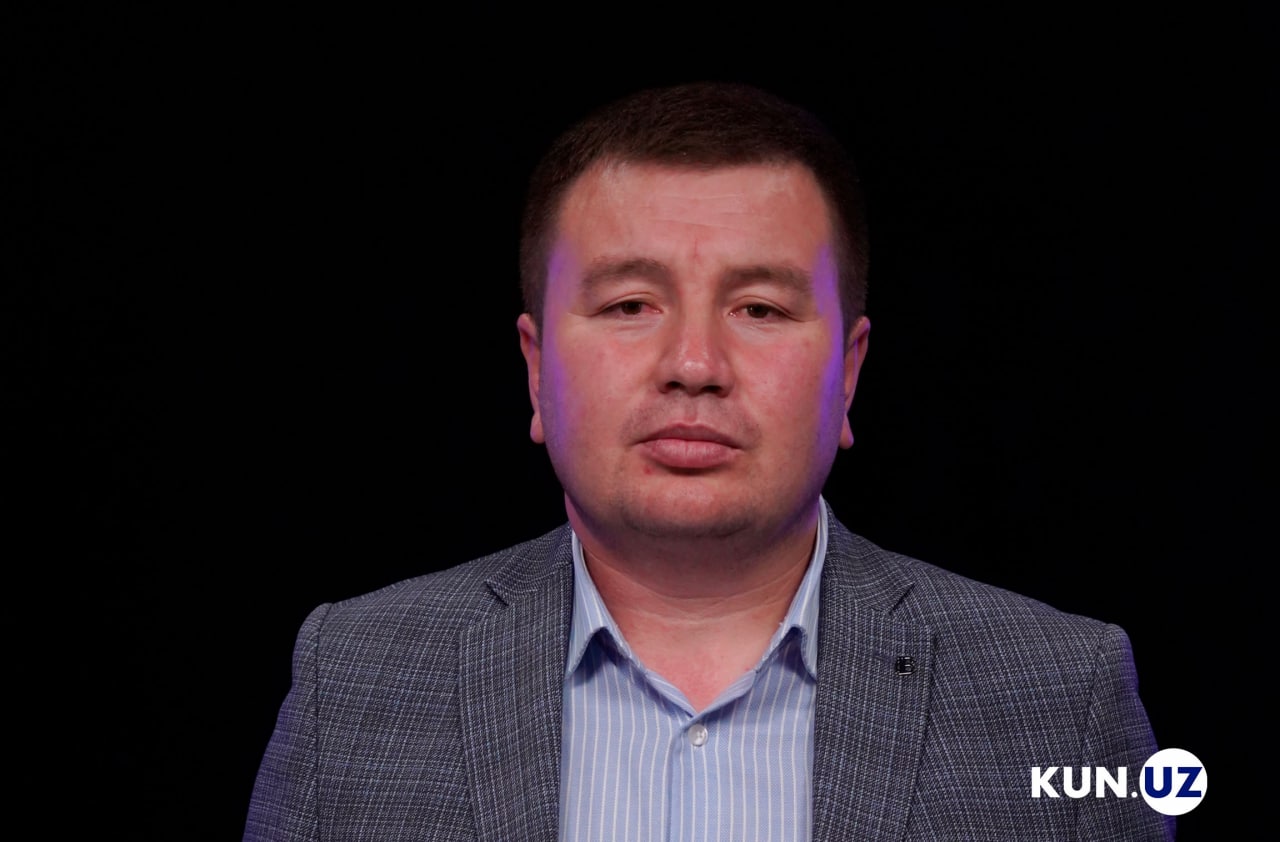
Beruniy Alimov:
- You know, I’m a person who has seen what real censorship is. I started journalism in the 1990s, and we also worked with the people you mentioned. But today they are not with us. But still our journalism is not flourishing. We still do not have the heart to talk openly about many things.
Kamoliddin Rabbimov:
- I always critically assess the period of the first administration in Uzbekistan. Because information policy goes back to the political nature of the state.
The main motive of the first administration was to control society as tightly as possible. That is, during the period of the first administration, great attention was paid to the geopolitical independence of the state. For example, when Russia annexed Crimea, Uzbekistan was the only country from the post-Soviet region that sent a note against Russia twice.
We know that democracy is formed in the process of freedom. That is, if they say that the state and nation should be formed first, and then there will be freedom, there will never be freedom. Freedom is primarily a process.
- In 1992, the first president Islam Karimov appealed to deputies to wait another ten years, after that there will be both freedom and democracy.
Kamoliddin Rabbimov:
- Yes, it was a mistake. Because the foundation of democracy is a broad political elite.
As you know, the constitutions of countries like Uzbekistan and Turkmenistan are also democratic constitutions, but they do not work as it is written. I think a broad political elite is needed to make it work. Our political elite began to expand only over the past 6 years. But the speed in this regard is not enough, too slow.
We said that democratic institutions are necessary for the formation of free thought in the country. And democratic institutions are formed when the authorities restrain each other and change frequently.
One can watch the full interview in the video above.
Related News
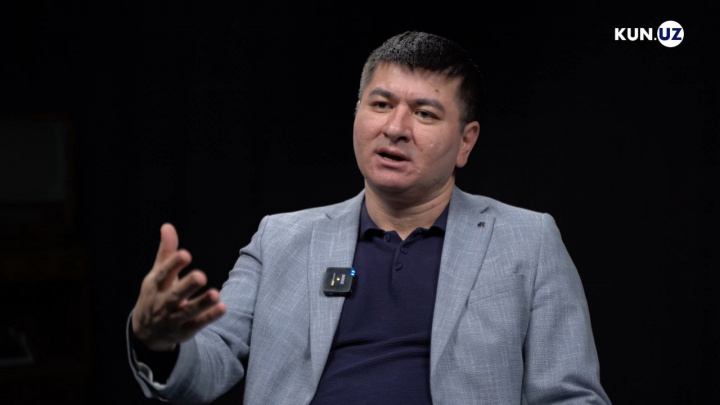
20:53 / 17.04.2025
National Agency for Prospective Projects files police complaint against economist over criticism of Temu ban

20:08 / 27.07.2024
Accreditation process of media representatives for 2024 FIFA Futsal World Cup kicks off
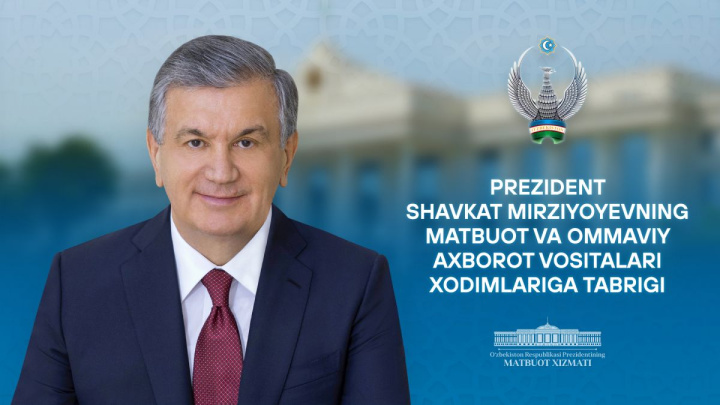
14:58 / 27.06.2024
Shavkat Mirziyoyev praises journalists' role in promoting accountability and transparency
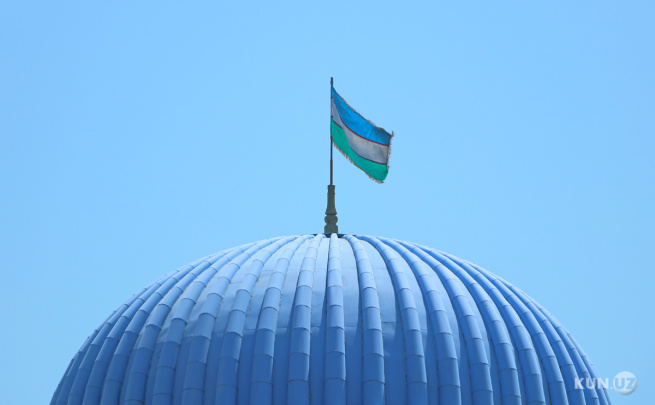
14:07 / 06.03.2024



